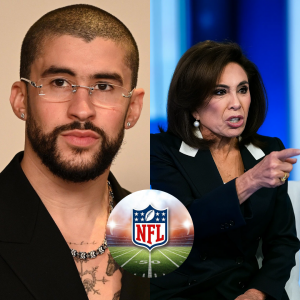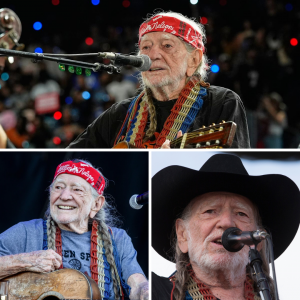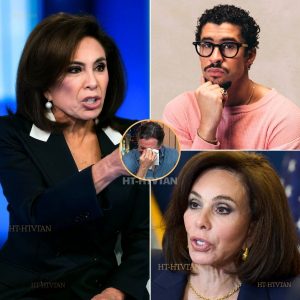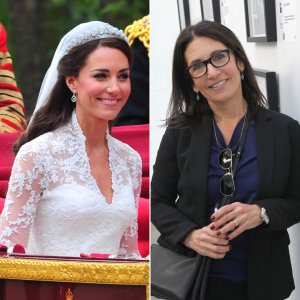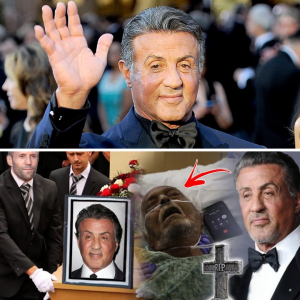It started with a few posts on X (formerly Twitter), a handful of comments under an NFL announcement video, and a few angry emojis on Instagram. But within hours, it exploded into a full-blown firestorm across social media: a growing group of San Francisco 49ers fans are calling for a boycott of Super Bowl 60 unless the league replaces Puerto Rican megastar Bad Bunny as the halftime performer with what they’re calling “an American artist.”

The controversy has ignited one of the most divisive cultural debates in recent Super Bowl history — not about football, not about music, but about what “American” really means in 2025.
A Celebration Turns into Controversy
When the NFL announced that Bad Bunny would headline the Super Bowl 60 halftime show at Levi’s Stadium in Santa Clara — the home turf of the 49ers — it was meant to be a global statement. The league described it as a “celebration of culture, rhythm, and unity,” highlighting the Latin artist’s global impact and record-breaking tours.
But within minutes, 49ers fan forums and social media feeds began to fill with outrage. Some fans felt blindsided that the league chose a performer who primarily sings in Spanish for the biggest stage in American sports.
“This is not about hate. It’s about representation,” wrote one user on Reddit’s r/49ers community, gaining thousands of upvotes. “The Super Bowl is an American event, and we want someone who represents that — someone who sings in English and understands our culture.”
Others were less diplomatic. “The NFL forgot who pays for their tickets,” another post read. “Bad Bunny might sell out concerts in Miami, but this is California — home of the Faithful, not the Fiesta.”
By the next morning, the hashtag #BoycottSuperBowl60 was trending nationwide.
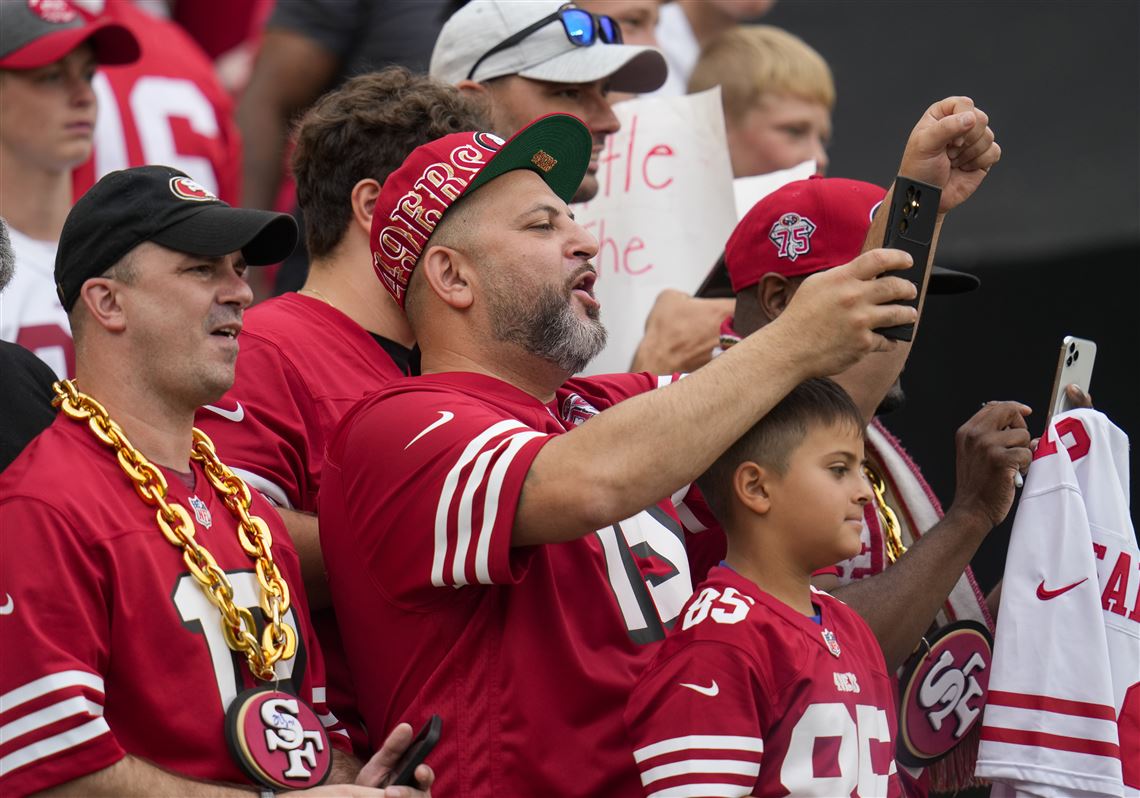
A Divided Fanbase
The reaction among 49ers fans has been anything but unified. While some are joining the boycott calls, others are pushing back hard, accusing critics of racism and hypocrisy.
“Puerto Ricans are American citizens. If you don’t know that, maybe you’re the one who’s un-American,” tweeted one lifelong fan from San Jose. “We’re supposed to be the Faithful, not the hateful.”
Another viral response read: “Bad Bunny sold out stadiums faster than Taylor Swift. You think he can’t handle the Super Bowl? Please.”
The debate has spilled far beyond the 49ers fanbase, with political commentators, musicians, and even former players chiming in. Sports talk radio shows across the country have devoted entire segments to the controversy, dissecting whether the backlash is rooted in patriotism, cultural discomfort, or something uglier.
The NFL’s Global Gamble
The league hasn’t issued an official response yet, but insiders say the choice of Bad Bunny wasn’t accidental. According to sources close to the NFL’s entertainment division, the decision was “strategic and forward-looking,” part of Commissioner Roger Goodell’s broader plan to expand the league’s global reach — particularly among younger and more diverse audiences.
“The NFL knows where the future fans are — Latin America, Europe, Asia,” said one unnamed executive. “Bad Bunny isn’t just a singer. He’s a cultural force, and the league wants that energy on the world stage.”
Indeed, Bad Bunny’s résumé reads like a global phenomenon: over 70 billion streams on Spotify, multiple Grammys, sold-out stadiums on every continent, and collaborations with everyone from Drake to The Weeknd. His 2024 tour grossed over $400 million, surpassing even Beyoncé and Ed Sheeran.
But to some 49ers traditionalists, that global dominance doesn’t translate into local pride.
“This is our house — Levi’s Stadium. And we wanted our sound, our culture,” said Daniel Martinez, a 49ers season ticket holder interviewed by a local Bay Area outlet. “We’re not against Latin music. We just think the halftime show should reflect the American heart of football, not global marketing.”
“Faithful or Fearful?” — The Backlash to the Backlash
As boycott posts grew, so did the counter-movement. Within hours, hashtags like #FaithfulForAll and #LetBadBunnySing began trending, fueled by fans who saw the outrage as small-minded and embarrassing for the team’s image.
“I’ve been a 49ers fan since Joe Montana, but this is ridiculous,” said one fan on TikTok with over 1 million views. “We’re supposed to represent unity and heart — not xenophobia.”
Even outside the sports world, celebrities began weighing in. Latin American stars such as Shakira, Karol G, and even NBA legend Manu Ginóbili praised the NFL for its inclusivity.
“Music has no borders,” wrote Shakira on Instagram. “The Super Bowl is global — and so is Bad Bunny.”
Meanwhile, some American musicians subtly inserted themselves into the conversation. Country artist Luke Bryan posted a cryptic tweet that many interpreted as shade toward Bad Bunny’s selection: “Would’ve been nice to bring a little Nashville to Levi’s Stadium.”
The Cultural Clash at the Center
At its core, the debate isn’t really about football — or even about Bad Bunny. It’s about identity, culture, and who gets to define “American.”
The NFL, a league once defined by small-town traditions and patriotic halftime shows, is now grappling with its place in a changing world. With international games in Mexico, London, and soon Brazil, and a player base more diverse than ever, the league’s American roots are stretching across continents.
“This backlash shows the tension between nostalgia and globalization,” said Dr. Amanda Lewis, a cultural studies professor at UCLA. “The NFL is trying to evolve beyond its old image — but for some fans, that feels like losing a piece of home.”
It’s not the first time the halftime show has stirred controversy. In 2020, the Jennifer Lopez and Shakira performance was criticized by conservative groups for being “too Latin” and “too provocative.” Yet it remains one of the most-watched shows in Super Bowl history, drawing over 103 million viewers.
Now, with Bad Bunny poised to perform at Levi’s Stadium — in a year when the 49ers are legitimate Super Bowl contenders — the league is once again standing at a cultural crossroads.
The Man at the Center: Bad Bunny
For his part, Bad Bunny has remained silent amid the uproar. His team has not issued a statement, and his social media accounts have continued posting as usual — photos from tour rehearsals, charity updates, and cryptic emojis that fans love to decode.
But those who know him say he’s unlikely to back down. Bad Bunny has long been a symbol of pride for Latin culture, unafraid to blend activism with artistry. In past interviews, he’s spoken passionately about unity, equality, and breaking barriers through music.
“He’s proud of where he comes from, but he’s also global,” said one longtime collaborator. “That’s the whole point of his art — connecting people through rhythm, not language.”
And if history is any indicator, controversy has never slowed him down — it’s fueled him.
A Halftime Show That Could Define an Era
With four months until Super Bowl 60, the NFL faces a decision: stay the course or bow to fan pressure. But if there’s one thing certain, it’s that this halftime show will be watched by more eyes — and judged by more opinions — than any in recent memory.
Whether it ends up as a symbol of inclusion or division will depend not on the artist on stage, but on the fans in the stands.
“The Faithful always say we’re united by red and gold,” one fan wrote in a viral Facebook post. “Maybe it’s time we prove it.”
Until then, one of the NFL’s proudest franchises — and one of music’s biggest stars — are caught in the center of a storm that says as much about America’s identity as it does about football.
